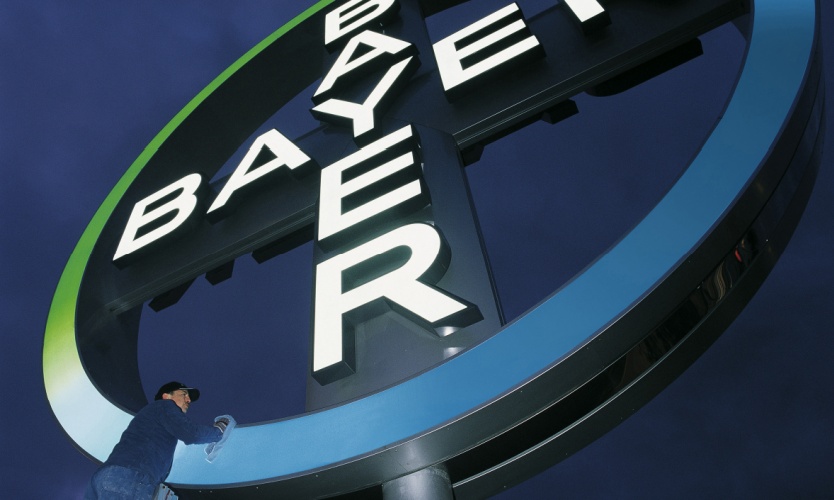$185 million verdict restored against Bayer unit
- August 4, 2025
- Posted by: Web workers
- Category: Finance

(Reuters) — A U.S. court reinstated a $185 million verdict against Bayer’s Monsanto unit over chemical contamination at a Washington state school on Thursday.
The Washington state Supreme Court reversed a lower court ruling that had vacated the verdict in a 2021 trial over claims brought by three teachers at Sky Valley Education Center in Monroe, Washington.
Monsanto has faced a string of trials over claims by teachers and others at the Seattle-area school who say they were sickened by exposure to polychlorinated biphenyls, or PCBs. More than 200 students, employees and parents say they developed cancer and other health problems from PCBs leaking from the school’s light fixtures. The chemicals were made by Monsanto, which Bayer acquired in 2018.
Verdicts in previous trials have totaled more than $1.5 billion, though some have been reduced or overturned. In August, the company announced it had settled all of the claims except for the nine cases already on appeal, including the teachers’ lawsuit at issue in Thursday’s ruling.
A Monsanto spokesperson said in a statement the court’s ruling was incorrect and the company was considering its legal options.
The ruling may affect the remaining cases on appeal, which had been on pause while the Washington Supreme Court weighed the teachers’ case.
PCBs were once widely used to insulate electrical equipment, and in such products as carbonless copy paper, caulking, floor finish and paint. They were outlawed by the U.S. government in 1979 after being linked to cancer and other health problems. Monsanto produced PCBs from 1935 to 1977.
The plaintiffs claim Monsanto knew of the dangers of PCBs for decades, but concealed them from the public and regulators.
Last year, a Washington state appeals court sided with Bayer and overturned the verdict, agreeing that the trial court wrongly applied the laws of Missouri, where Monsanto was based.
Bayer had argued the use of Missouri law allowed the claims to be filed decades after the company stopped producing PCBs, even though Washington state law would have barred them as untimely.
The teachers appealed, and in Thursday’s ruling, the Washington Supreme Court said Missouri state law should apply in the case because that is where the company made most of its decisions on the chemicals.



